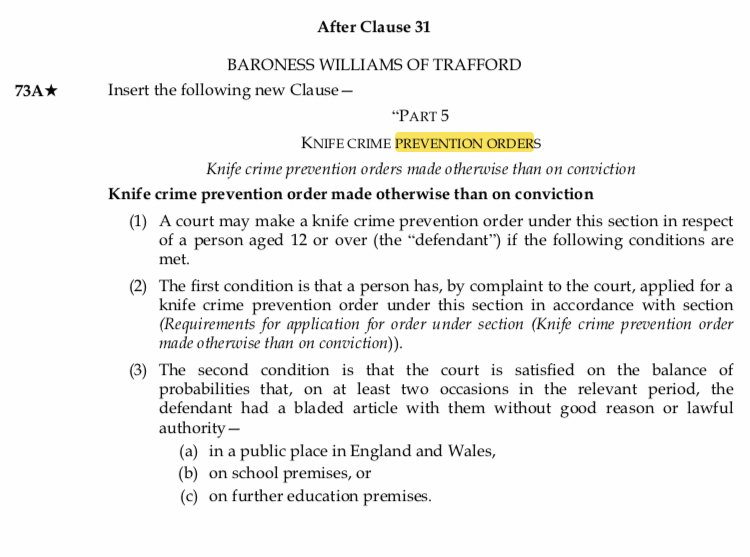I realized that whatever that mechanism was, I needed to be in communion with it.
1. Either the Catholic Church got lucky when it put together the Bible, and God used the illegitimate authority of the papacy to establish the legitimate authority of the Bible, or...





